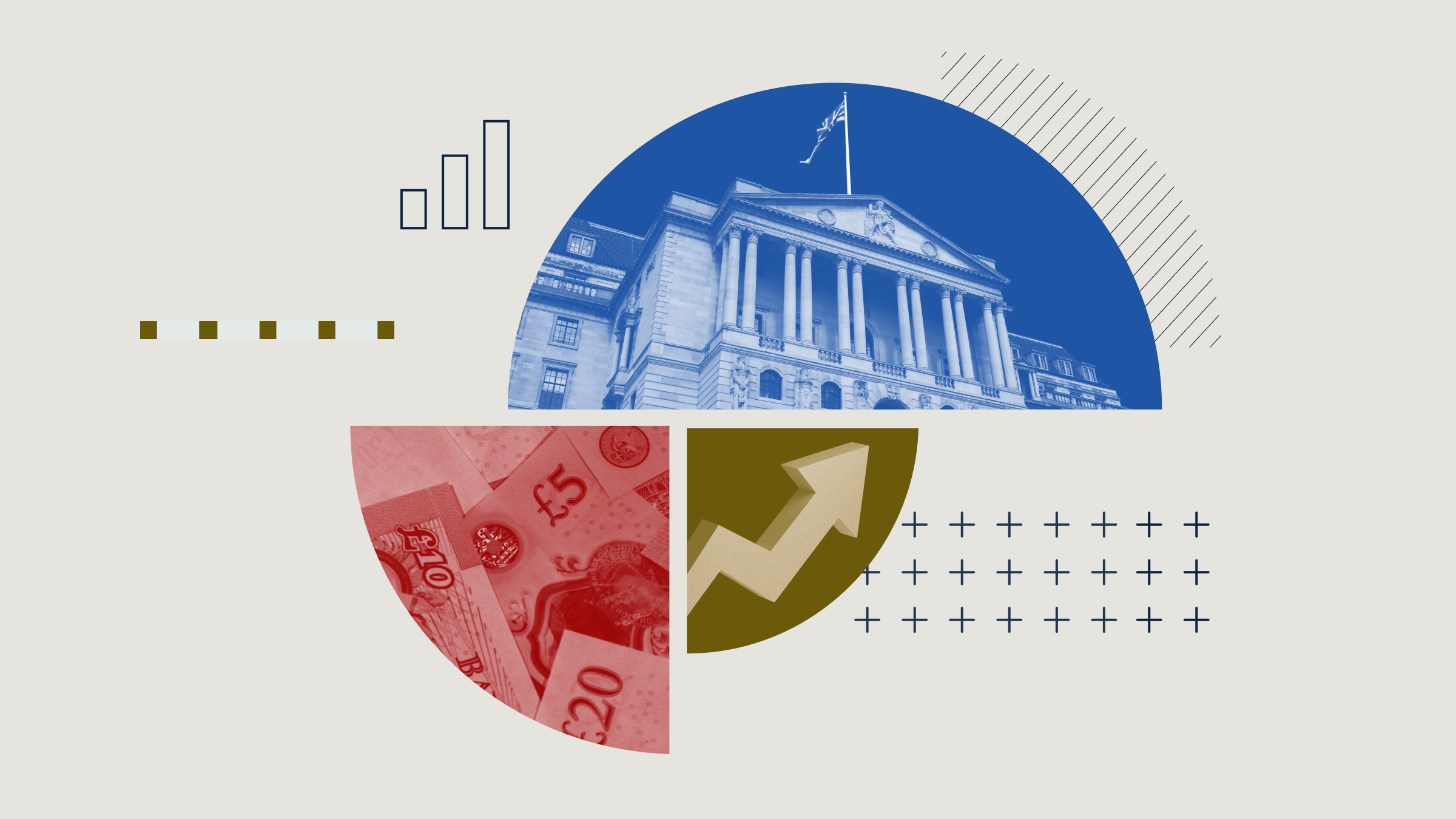For most of last year, investment commentators lauded two equity markets for their risk/reward trade-off – Japan and Europe.
In spite of the Greek crisis hauling share prices down over the summer and ‘–exit’ becoming all too common a suffix regarding potential eurozone leavers, the FTSE World Europe ex UK index gained more than 32% over three years to January 20 and many country-specific European indices featured among last year’s winners only beaten by the Nikkei.
Ryan Hughes, fund manager at Apollo had reasons to be cheerful: “We have liked Europe for about 18 months and have been running overweight, at around 15%, in our Multi Asset Balanced fund in European equities for most of last year, which proved to be good call.
“We believe we were overweight when compared to many of our peers because we saw Draghi’s QE plans and thought the weakening euro would boost exports and that thesis has played out pretty well. We fully expected Europe to be the second-best performing market last year and we were right.”
Is There Still Time to Join the Party?
Crux Asset Management’s Richard Pease is expecting more of the same in 2016.
“We could have had very similar conversations over the last year or two – the macro remains ugly,” he says.
Pease, who runs the Bronze Rated, triple-starred European Special Situations fund, concedes the oil price and migrant crisis are two bodies of shifting sands but with each comes buying opportunities.
“It’s not a one-way ticket to hell because there are consumer benefits to be enjoyed. If you are not flogging oil you’re using it and you will benefit to some extent.”
He doesn’t intentionally focus on the ‘core versus periphery’ dichotomy or even the idea of ‘selling’ Europe, stating he is “not fixated on one’s place of birth, it is more about what you do after you are born and the same applies to the corporate world.”
Having said that, his portfolio clearly shows a northern European and Scandinavian tilt.
“We generally find the Scandinavians tend to offer more of what we are looking for,” he said. “We believe that if you are born into a small economy then in order to do well you will have to do well outside your own boundaries so we have always ended up naturally in Swedish companies, or Finnish, or Swiss…”
Avoiding a predisposition for the government-owned or quasi-government owned businesses so often featuring in Spanish and Italian portfolios, Pease prefers to invest where management “have real money in the business, otherwise it just doesn’t tick our boxes.”
James Sym, manager of the Neutral Rated, two-star Schroder European Alpha Plus fund, is coming round to a similar way of thinking.
Having been heavily exposed to the “hot spots” of Spain and Italy, he is considering reallocating to gain exposure to northern Europe as the Mediterranean recovery starts to fade.
“One of the big risks to the region this year is if the politics start to deteriorate,” he says. “Italy is a bit better than Spain – at least they have Renzi, at least they have a government but his popularity has been fading.”
Believing the consumer-led pent up demand for Europe should lead to “mid-single-digit earnings growth forecasts” across the region, Sym thinks currency fluctuations and the weak oil price will boost earnings.
It’s not really a valuation call, he says, suggesting instead the opportunity from market volatility will feed through into corporate earnings.
“The market is behaving as though we are going into a recession but I don’t think we will because we will have the boost from the oil price.”
Apollo’s Hughes appreciates Mario Draghi’s challenge of striking the right chord with his various constituent political interests with the economic needs of the region.
He says: “One of the major headwinds this year might be if Draghi does want to expand QE but Germany doesn’t want that. Marry that with the migrant crisis and the north/south or two-tier clash over currency strength, and all those conflicting tensions create a challenging backdrop, which is why we tend to favour active managers who can cherry pick the best ideas, complemented with tactical use of futures for cheap and quick access to take advantage of short-term volatility.”
Noting the bifurcation of valuations where the “good guys get more expensive and the bad guys get cheaper”, Pease is a fan of the support service sector.
A key characteristic of the sector is not just its resilience in a difficult economic climate, but where it actually benefits.
“The sales pitch is quite simple – do you want to save 15% on your catering bill? No one is ever going to say no, they may just want to use someone else, which is also fine.”
With ISS, Elior, and Swedish company Coor featuring strongly in Crux’s special situations portfolio, he says they share a “powerful business model where around 94% of the business is recurring, they are under-geared and have enough change to do bolt-on acquisitions if they see fit.”
“We see every reason why we can double our money in 3-5 years, and no reason why we wouldn’t,” he concludes.



























